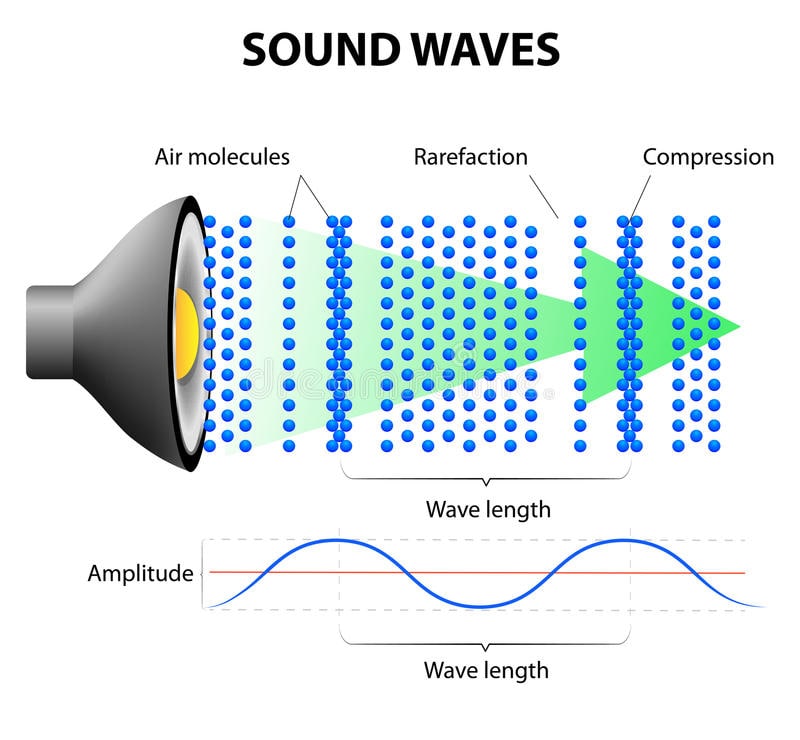Freedom of Expression
Freedom of speech is a principle that supports the freedom of an individual or a community to articulate their opinions and ideas without fear of retaliation, censorship, or legal sanction. The right to Freedom of Expression has been recognized as a human right in the Universal Declaration of Human Rights and international human rights law by the United Nations.
Terms like free speech, freedom of speech, and freedom of expression are used interchangeably in political discourse. However, in a legal sense, the freedom of expression includes any activity of seeking, receiving, and imparting information or ideas, regardless of the medium used.
The term “freedom of speech” excludes many non-verbal forms of expression, such as through musical instruments, on canvas (graphic art), photography, sculpting and even expressionist dance. For this article I will focus on word-based (verbal and written) forms of expression though.
Freedom of Speech
Most ideas and information people like to share with each other originate from either intuition or thought. While intuition is “word-less” (and instant/spontaneous), most of us do think in words. It is thus logical that our preferred method to express ourselves is through words (verbal and/or written), it’s from all forms of self expression what we do with the greatest ease.
An international human right is the so called “Freedom of Thought” (the precursor and progenitor of the “Freedom of Expression / Speech”). Freedom of thought (also called Freedom of Conscience or Ideas) is the freedom of an individual to hold or consider a fact, viewpoint, or thought, independent of others’ viewpoints.
The Sapir–Whorf hypothesis – that states that thought is inherently embedded in language (and thus could be manipulated through censorship, book burning, propaganda, et cetera) – supports the claim that an effort to limit the use of words – of language – is actually a form of restricting the Freedom of Thought.
Read more about the connection between Thought and Words at Roel’s World …
I think the Freedom of Expression & Thought is a very important and essential right we have as human beings. It’s our desire to share ideas and information with each other that makes us different from all other beings on Earth, besides our uniquely human abilities of imagination and creativity of course.
⚠ FREEDOM = RESPONSIBILITY
I also think that with freedom comes responsibility. Your freedom ends where mine begins and visa versa in our “shared space”. The greater the freedom you claim, the greater that responsibility becomes. This counts for our Freedom to Express / Speech as well. Ignoring responsibility seems to be an unfortunate common human weakness/flaw though, not only with the Freedom of Speech, but in general.
Until the invention of the internet there was still a “personal touch” to our communication. Face to face, by telephone (tone of voice), even with a handwritten letter / postcard there was still that “personal touch”. You would be held responsible for whatever you uttered and a proverb like “speech is silver, silence is golden” was still a somewhat “common value”. Text-based online communication though causes a “depersonalization” of communication, of thought. One can utter what ever “pops to mind”, from a “safe distance” with relatively little to no direct consequences.
Now, don’t get me wrong, I enjoy using social media. Thanks to the internet and social media, we can communicate now with almost anyone anywhere on earth with greater freedom and ease then ever before. This extended freedom we have been given demands also more responsible behavior though.
Where once “Cogito, ergo sum” (I think, therefore I am, 1637, René Descartes) still made sense, “Scribo, ergo sum” (I write, therefor I am) has become a new “standard”. And the ego-driven wish to believe (wrongfully so) that opinions are equally valuable to fact and knowledge makes things even worse, specially when people “sell” their opinions as facts (or “alternative facts“). Note: I am not trying to “sell” you anything – see Roel’s World Disclaimer.
Opinions are non-dogmatic forms of believe, I like to call them “brain farts“. Like “believes” they have not been proven factual, generally lack solid evidence and logic or reason play no role. Opinions ≠ Fact & Truth.
Ask yourself … who is really looking forward hearing your brain farts?
It might come as a shock, but a lot less people then you imagine / might hope for. No matter how hard I try to make my articles more then “just an opinion“, that is what I came to realize as well when I asked myself that same question.
A Change Of Perspective
Thought (mental cognition) is non-material. Thought has not yet “materialized” when implicit. Speech (and sound in general) differs though: without matter – like the molecules ⚈ in the air – sonic (verbal) communication would simply be impossible.
The source of a sound (for example our vocal cords, or a speaker as shown in the image) vibrates. That vibration “bumps” nearby air molecules ⚈ (matter) into motion (rarefaction and compression) and those molecules ⚈ in turn bump into neighboring molecules ⚈ and so on (chain reaction). The result: a “wave” of molecules transferring the vibration from the source through the air via molecules in motion.
With other words: the moment we turn thought into speech we actually “materialize” thought through the movement of molecules (matter) in the air. In that sense you could say that speech is no different then any other physical activity, we literally “touch” (push force) others with our words.
My thought: In that perspective, shouldn’t we look at speech the same way as we do with touch? Apply the “rules” we have about physical contact with other people for speech too? Just like you should “keep your hands to yourself“, wouldn’t it be better if we also “keep our words to ourselves” / “keep our thoughts to ourselves“, unless all concerned would like to “get in touch”?
Wait for someone to ask
A good overall “rule” – in my opinion – would be to refrain from giving “advice” (share an opinion), unless someone specifically asks for it. Those who are truly open for advice and value what you have to offer will come to you for advice.
“It does not matter if what I think differs from what the other person thinks. What matters is that, as a result of what I can contribute to the conversation, the other discovers what is right out of themselves.”
Rudolf Steiner, How to Know Higher Worlds: A Modern Path of Initiation
Prejudice, opinionatedness, “knowitallism“, judgementality – flaws that many people seem to have (and I have struggled with too) – are counterproductive for everyone involved.
Giving others the freedom to “figure life out” for oneself is the best gift you can give anyone. When an insight comes from within and is reinforced through actual “life experience” gained knowledge can “grow root” within your “being” and be transformed into wisdom.
“Don’t waste your time with explanations, people only hear what they want to hear.“
Paulo Coelho
This quote is also good advice I think. Sometimes we feel the desire/need to explain (defend) our thoughts, our “believes” and our “behavior” to others. That feeling – to explain, even defend oneself – might be justified (specially when we are accused or judged wrongly), but it only seldom works. Getting rid of preconceptions one can only do him/herself.
I actually “validate” my friendships with it. If I feel you let preconceived ideas about me define what you think about me and how you treat me, maintaining a friendship might not be worth it.
I’d like to end this article with another nice quote, something I do try as well with my blog and in real life:
“Speak in such a way that others love to listen to you. Listen in such a way that others love to speak to you.”
“Zig” Ziglar



